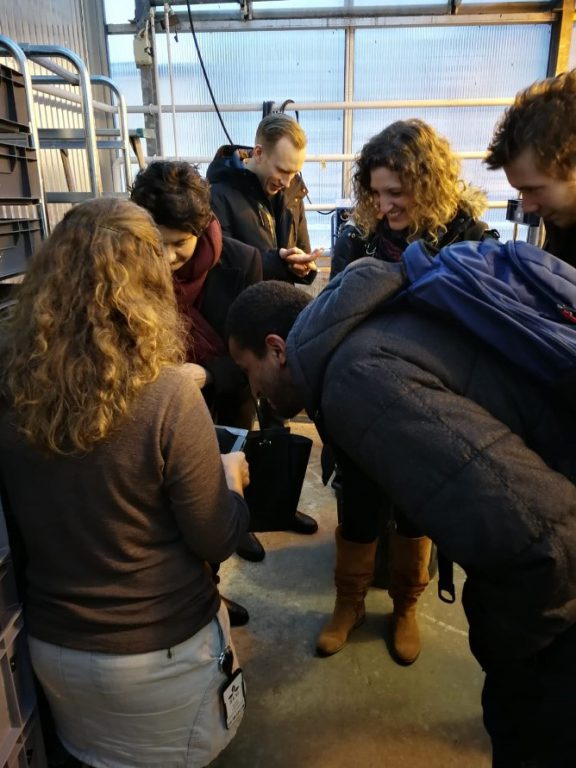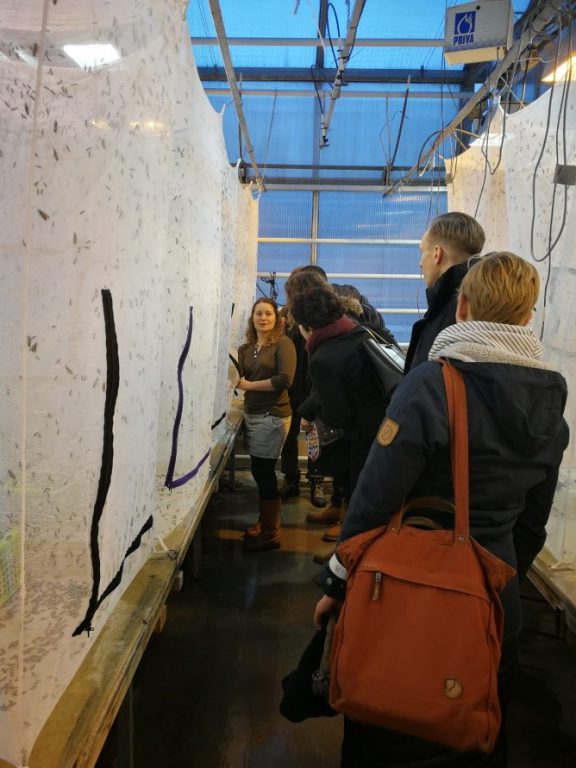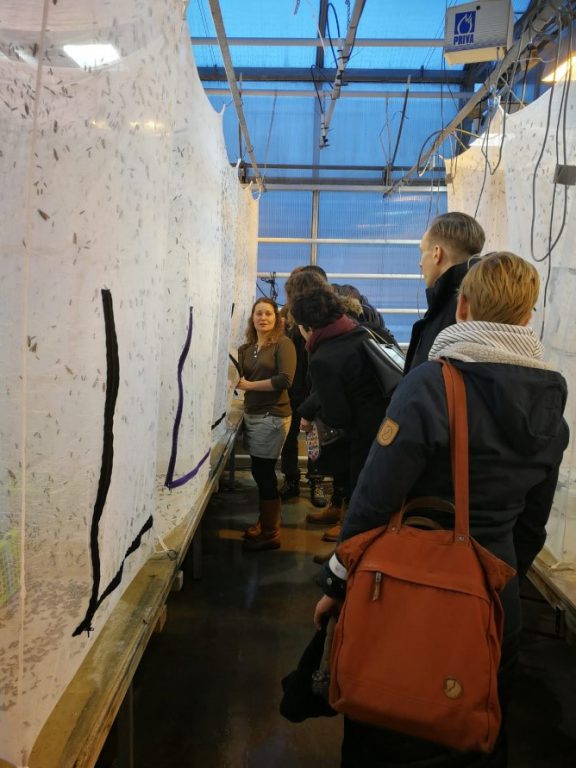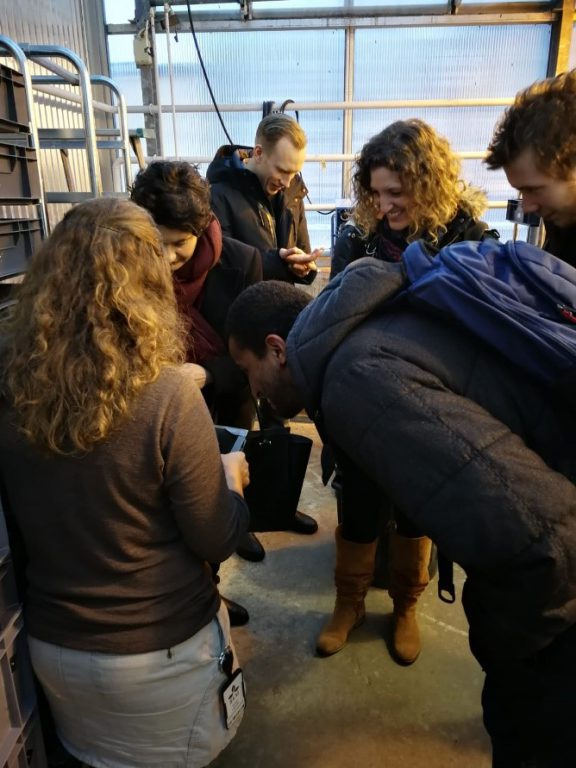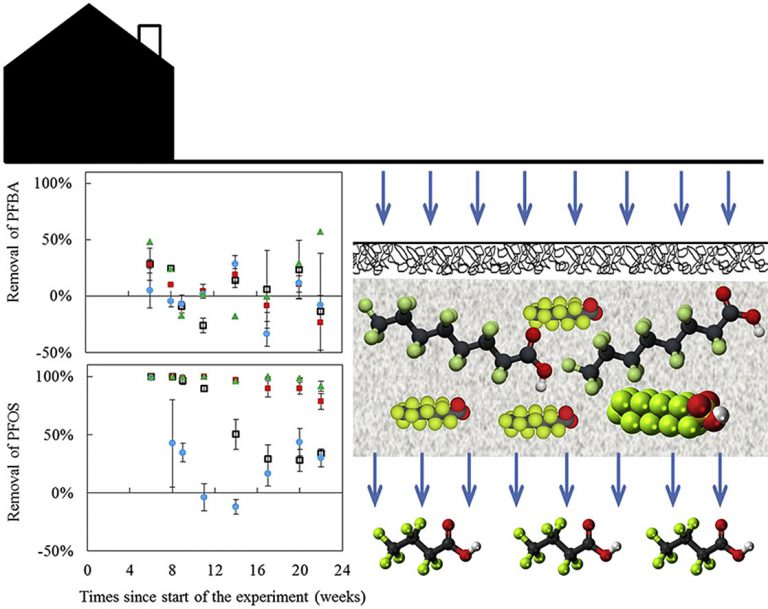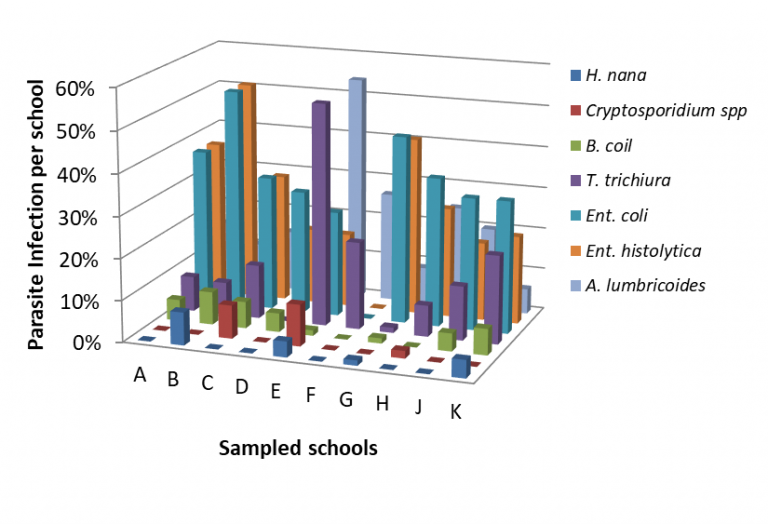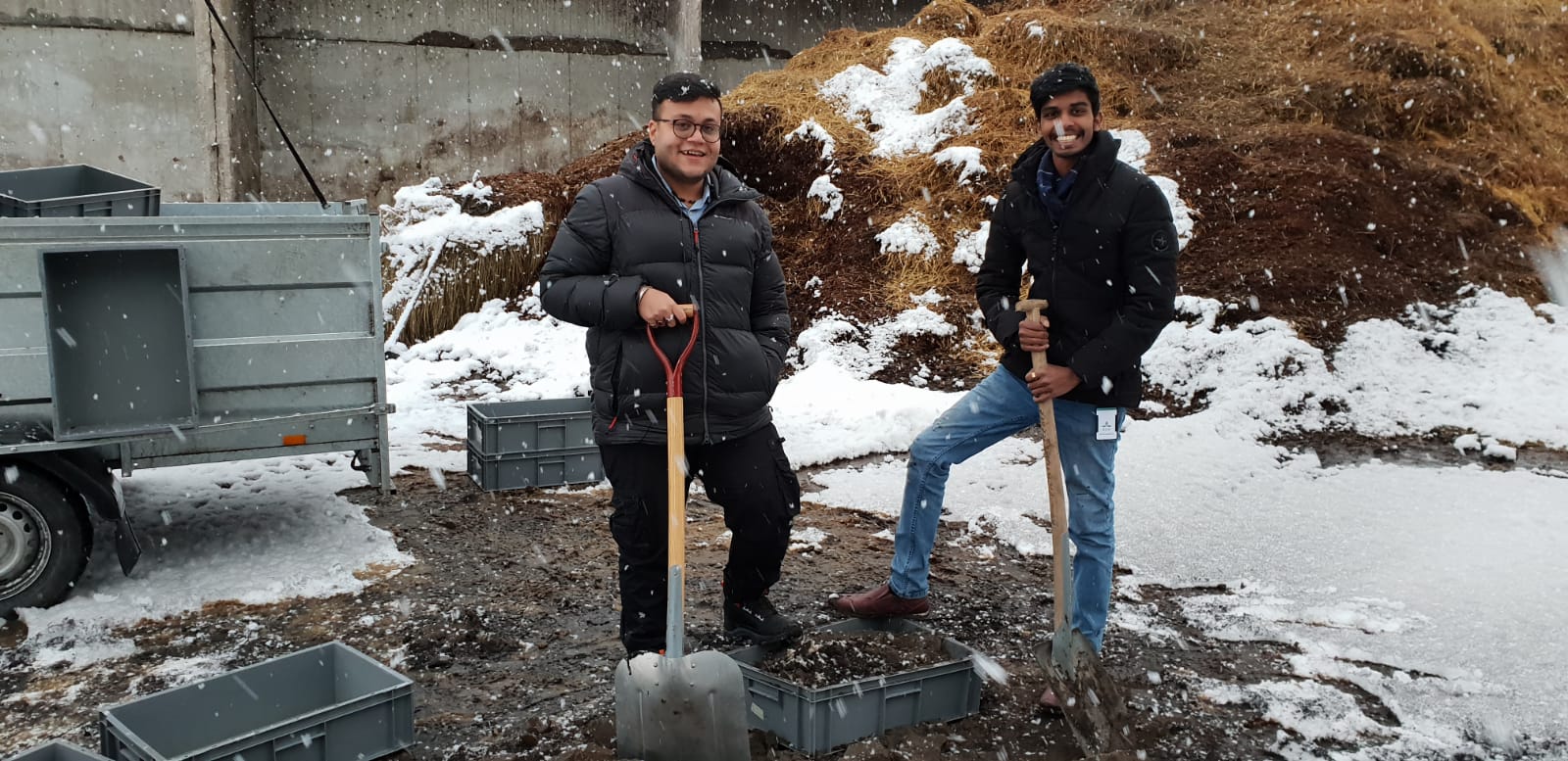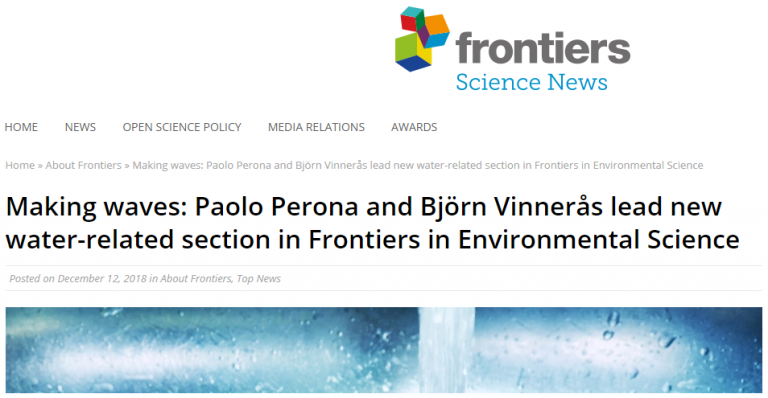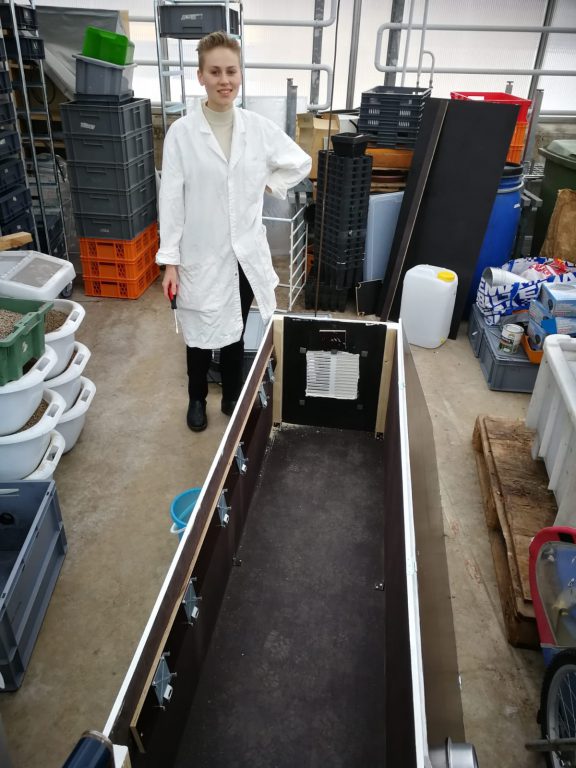
My name is Caroline Karlsson and I am a Masters student in Environmental and Water Engineering at Uppsala University and SLU. From now until June 2019, l will work on my Master Thesis project at the Department of Energy and Technology at SLU. The project is a technical evaluation of a pilot project concerning urine drying in Tampere, Finland. I will take part in the construction and installation of the urine drying units and while the system is running I will take samples and perform analyses, such as determining the concentrations of potassium, phosphorus and nitrogen in the dried urine. I will also evaluate how well the system is functioning on site, in terms of capacity and energy consumption.
Contact: Björn Vinnerås

